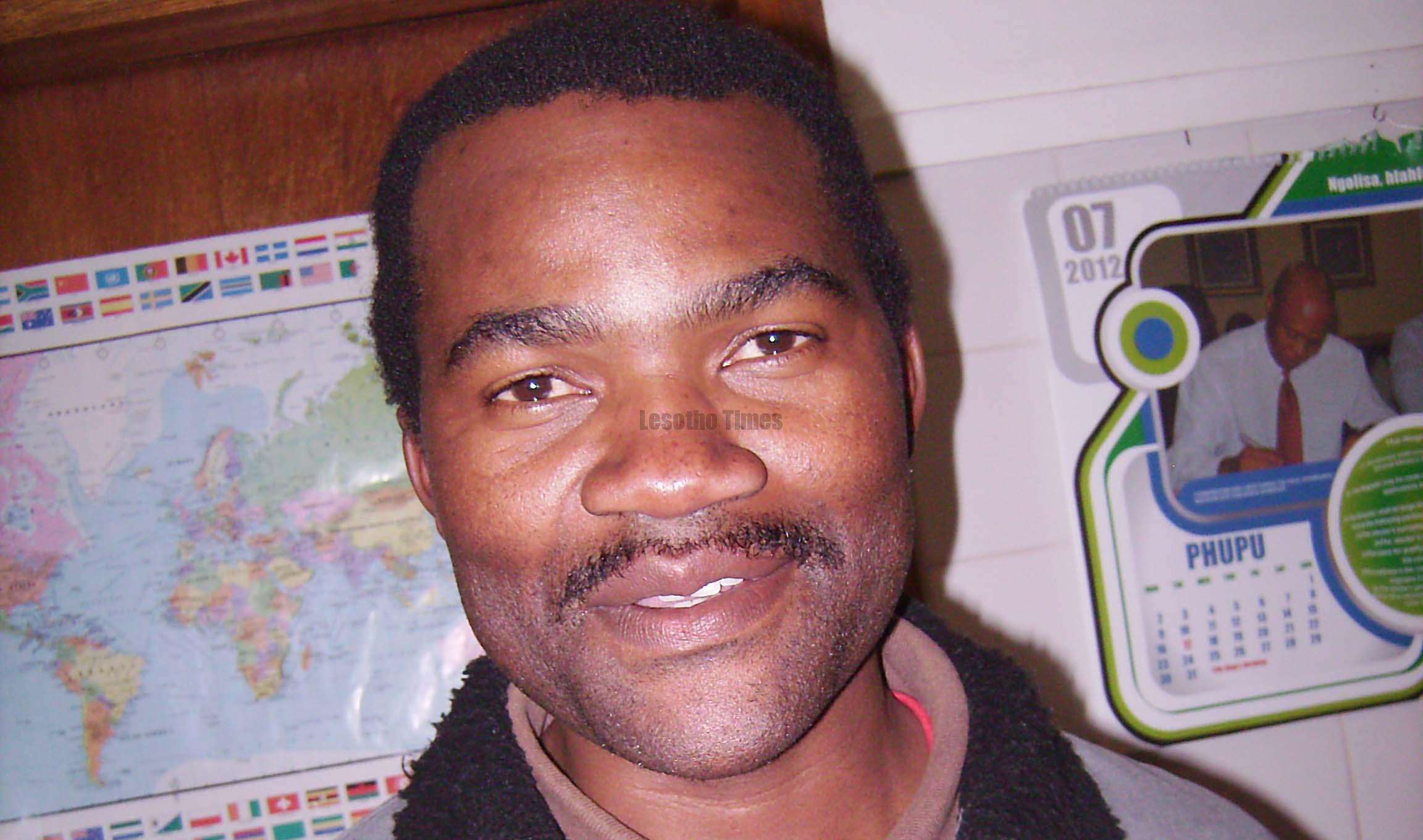Bereng Mpaki
ALLOWING host communities to own a stake in diamond mines will address their conflicts with mining companies and also improve local participation in the sector, civic organisation Transformation Resource Centre (TRC) has said.
Currently, majority ownership of diamond mines in the country is held by private investors while the government holds a minority of the shares.
This has resulted in numerous clashes between the two parties, often caused by the failure of the mines to fulfil the demands of the communities.
In protest of violation of their rights, communities often stage public demonstrations which have been known to turn violent and even resulting in injury and death while disrupting operations at the mines.
TRC social justice and socio-economic rights officer, Hlalele Hlalele, recently told the Lesotho Times that community shareholding can empower communities and take care of their developmental needs.
He said this would in turn reduce the constant conflicts that mines’ failure to implement community development projects or even compensating them for their affected livelihoods.
TRC is working among other things, in affected mining communities to advocate for their rights against mine operators.
Mr Hlalele said mining companies often decide unanimously on the type of projects they want to fund for the community as part of their social responsibility initiatives without consulting with the community first.
“Ploughing back to the community is a discretion of the company and in most cases does not take into account what the real needs of the community may be and therefore is mostly unhelpful to the affected communities,” Mr Hlalele said.
He made an example of road rehabilitation which the community of Mokhotlong wanted but a mine operator in the area failed to fund saying it was the responsibility of the government.
“But with shareholding the community can use their earnings for projects that are beneficial to them like roads construction where the mine operator is unable to assist.
He said while the TRC has in recent times focused on the compliance of mine operators, they still strongly support community shareholding and are ready to contribute to any public deliberations on the mining equity to lobby for community shareholding.
“If we can allow the community to hold around 10 percent of the shares in a mine, it will be easier for them to use some of their profits to develop the areas in which they live in.”
For his part, former mining minister, Lebohang Thotanyana, said community shareholding would not be entirely bad especially if it attempts to compensate those whose livelihoods have been directly disrupted by the mining operations.
“When the mine comes to an area to operate, it often affects the land, rangelands and other livelihoods of the communities living there, so community shareholding to restore this will not be an entirely bad idea,” Mr Thotanyana said.
He however, said there are issues that need to be taken into consideration in the process including defining who the affected community is since natural resources are a national property not only for immediate community.
He said a balance would need to be struck to ensure that the rest of the nation still benefits from the mining operations while the affected community gets a stake in the mines.
He further said community shareholding should not be the only method of compensating or ploughing back to the community to avoid a situation where mines may incur losses in their operations.
Mr Thotanyana further said government would need to update its minerals and mining policy to accommodate community shareholding.
On the number of shares to allow the public to control, Mr Thotanyana said that would depend on the individual situation of each mine and its host community since their economics differ.
He however, believes that Lesotho needs to develop a comprehensive compensation policy and a social responsibility policy separately for the mining sector.
“What is of more importance to us as a country is a comprehensive compensation plan and comprehensive social responsibility plan on the benefits the nation is supposed to get for granting mine operators the opportunity to mine and make wealth in the country.
“At the moment we have a challenge where mine investors believe that paying royalties and taxes to the government is enough as part of their way of compensating the nation for mining in the country.
“But giving those taxes to the national government becomes difficult to address the needs of the affected communities because government’s priority is of national nature. The government does not have an obligation to prioritise use of those taxes for the benefit of the affected communities ahead of the rest of the country. So, in such a situation, may be community shareholding will not be such a bad idea,” Mr Thotanyana said.

